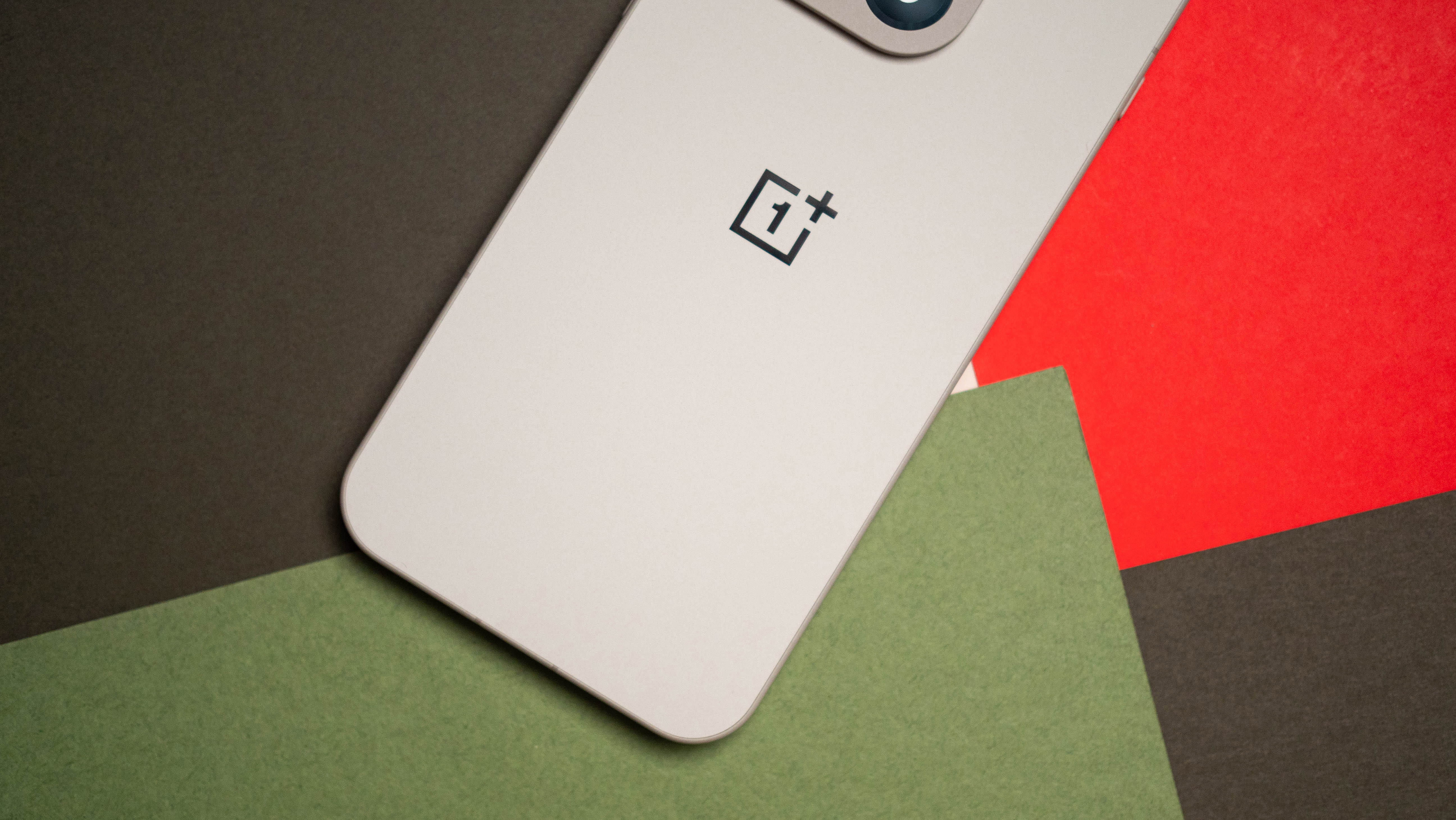These two AI shortcuts have become an invaluable part of my Android experience
My favorite AI features are just a swipe or a long press away.
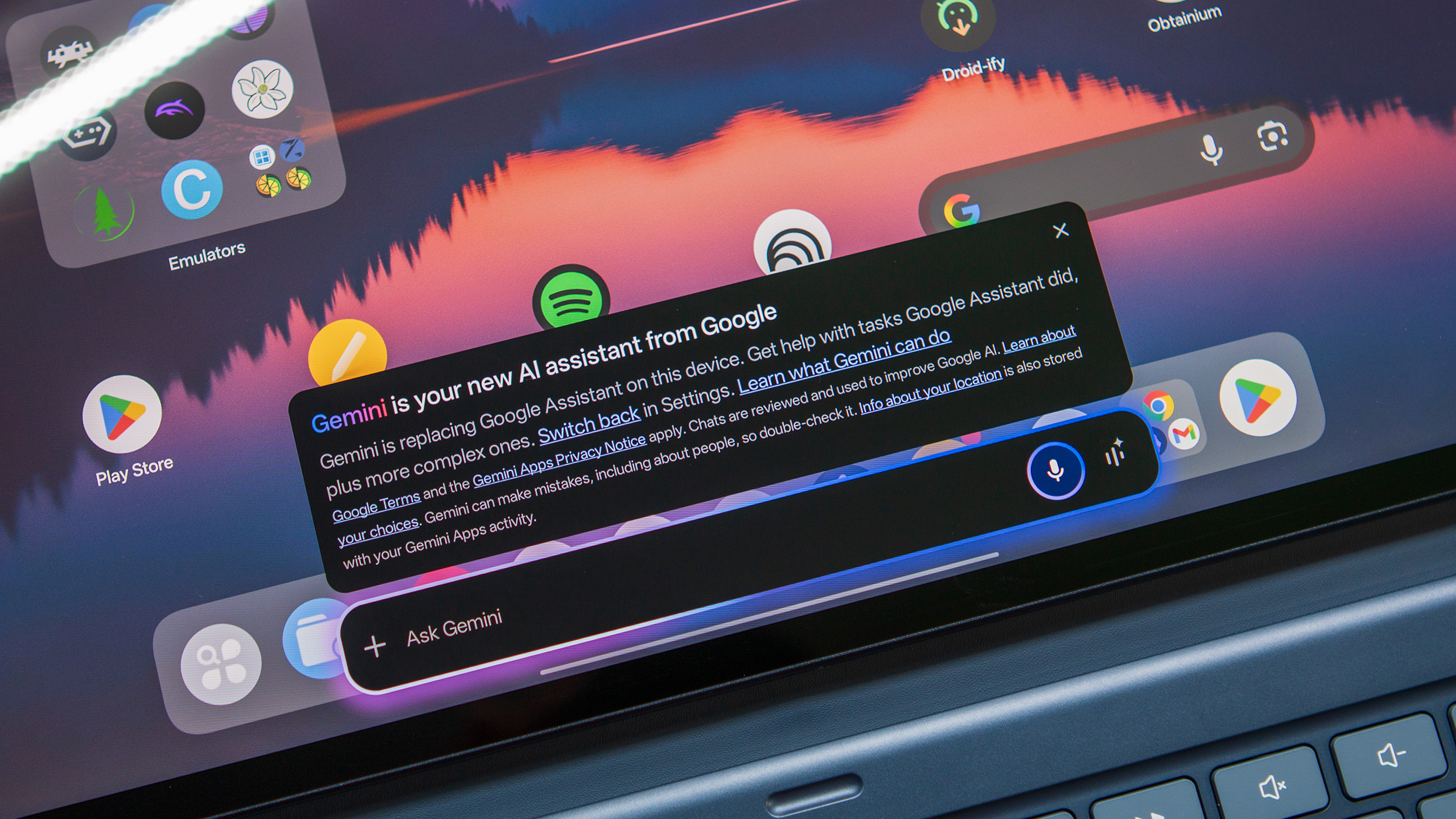
Enjoy our content? Make sure to set Android Central as a preferred source in Google Search, and find out why you should so that you can stay up-to-date on the latest news, reviews, features, and more.

Android Central's Editor's Desk is a weekly column discussing the latest news, trends, and happenings in the Android and mobile tech space.
AI continues to become a mainstay in my everyday life as companies add more features to our phones. Each company has its own implementation of AI, from Samsung to Motorola or OnePlus, but even so, there are some experiences, such as Gemini and Circle to Search, that are more or less the same on many Android phones.
Thanks to Google, these two functions, which are arguably my favorite AI features on any Android phone, are easily accessible from the bottom of my phone display and from nearly any screen. Sure, Motorola gets an AI key and Samsung opts for the power button, but these options are inferior in different ways.
And while I wish Google would adopt a separate AI button for Pixel phones, the near-universal experience of these two features has made them invaluable aspects of my smartphone experience.
A swipe or long-press is all you need
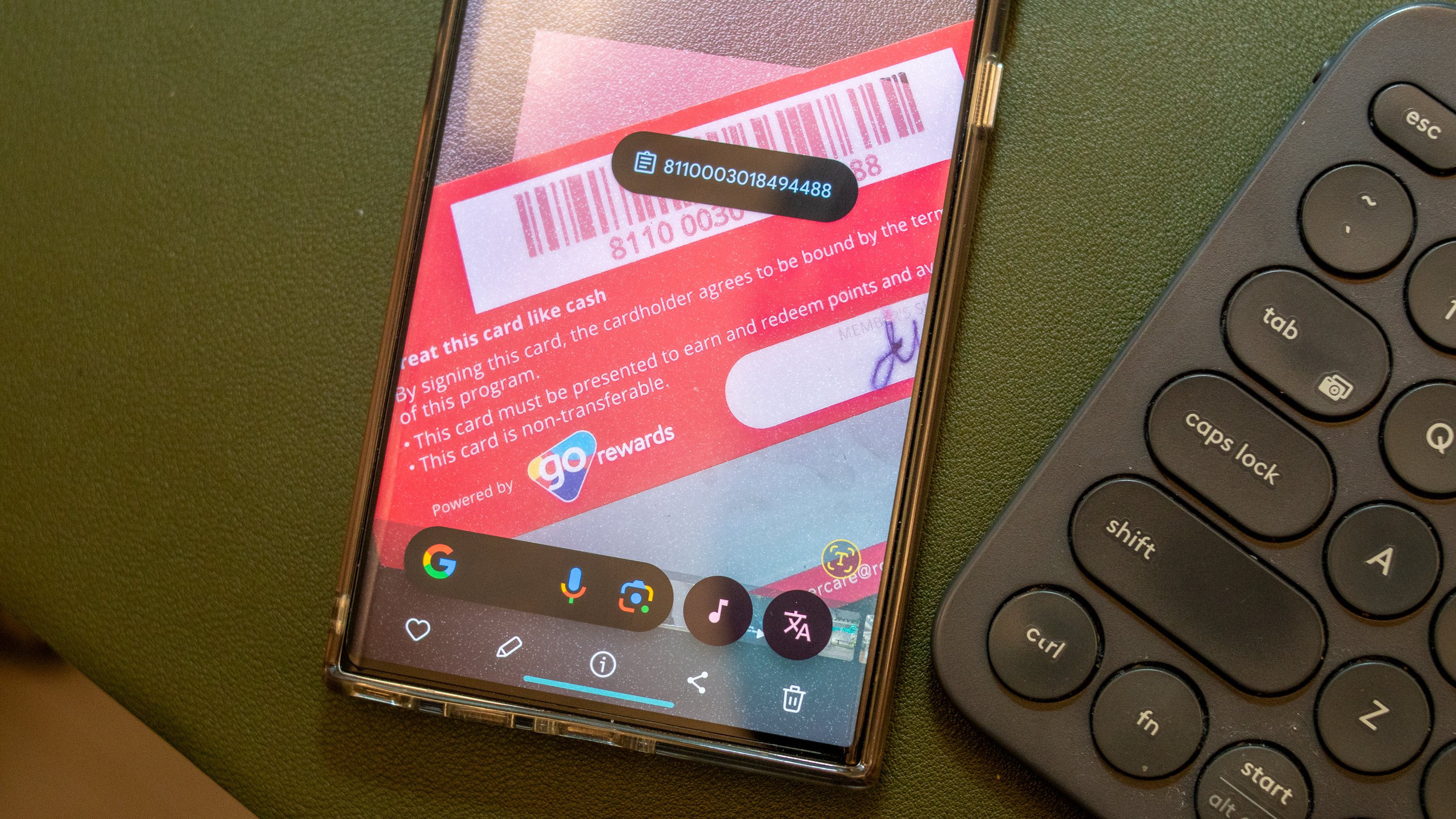
It wasn't until recently that I realized just how important the bottom of my phone screen had become. That's because Gemini and Circle to Search can be easily accessed via gestures located in the most accessible place on my phone.
A long press of the navigation bar brings up Circle to Search, which has evolved into a versatile feature on Android. It captures whatever is on your screen at that moment and lets you initiate a search, allowing you to quickly and easily find answers about whatever you're looking at. You can also search for a song that you hear, select and copy text on the fly, or even quickly translate text.
I actually find myself using the latter option frequently, and it is probably my most commonly used function. Circle to Search is essentially a more accessible version of Google Lens and is easily a favorite among the Android Central staff.
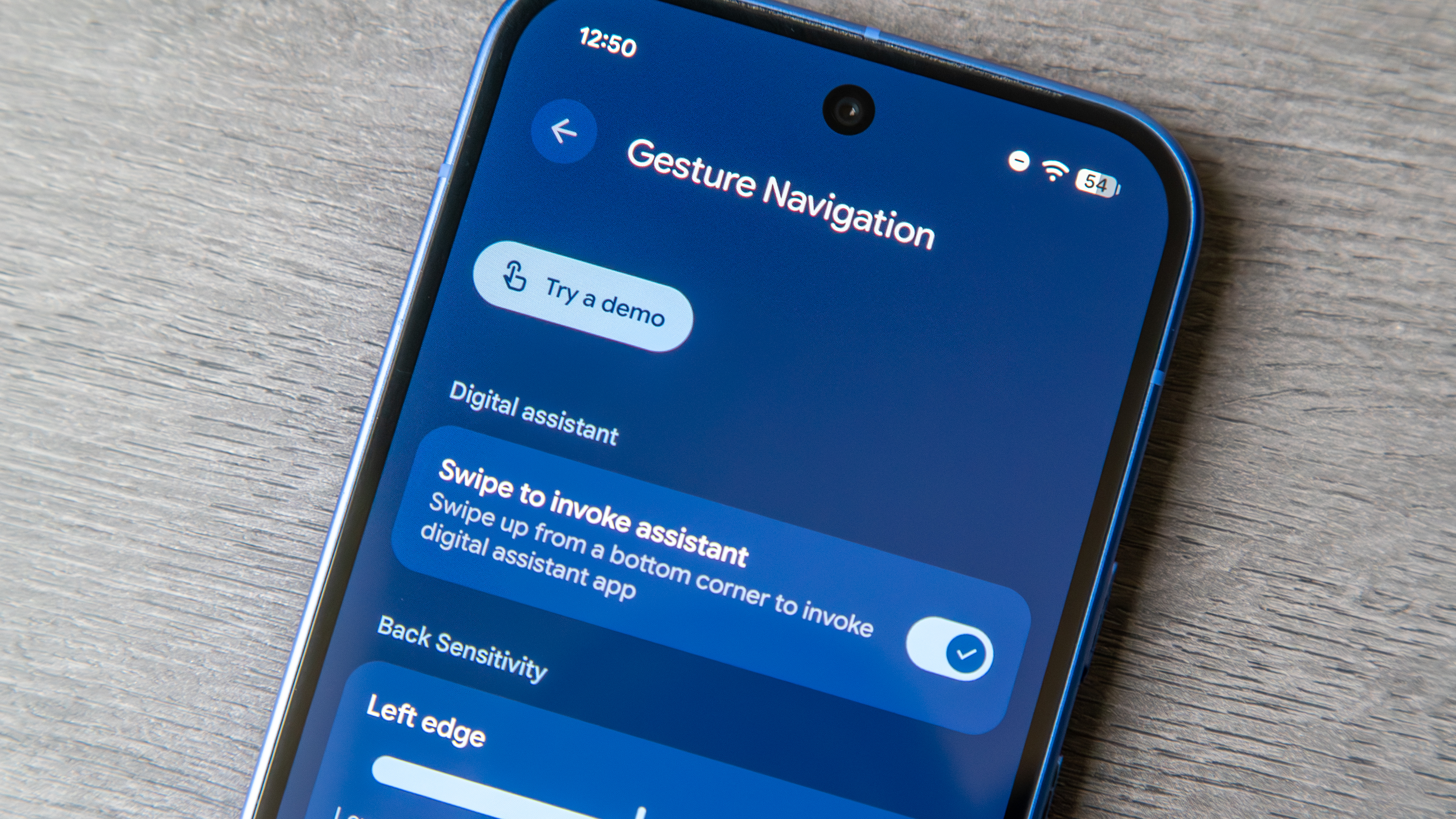
Then there's Gemini and what I feel is its lesser-known shortcut. Essentially, you can swipe from the bottom corner of the screen to trigger the AI assistant, which feels incredibly intuitive and, to me, much more natural than the default long-press of the power button.
Get the latest news from Android Central, your trusted companion in the world of Android
Here's how you can enable this on your phone, at least for some of the major brands in North America:
- Pixel: Settings > System > Navigation mode > Gesture navigation settings > Swipe to invoke assistant.
- Motorola: Settings > Gestures > System navigation > Gesture navigation settings > Swipe for Assistant.
- OnePlus: Settings > System & update > System navigation > Gestures > Digital Assistant from Google.
You'll notice that one particular brand is missing. I noticed that too.
What gives, Samsung?
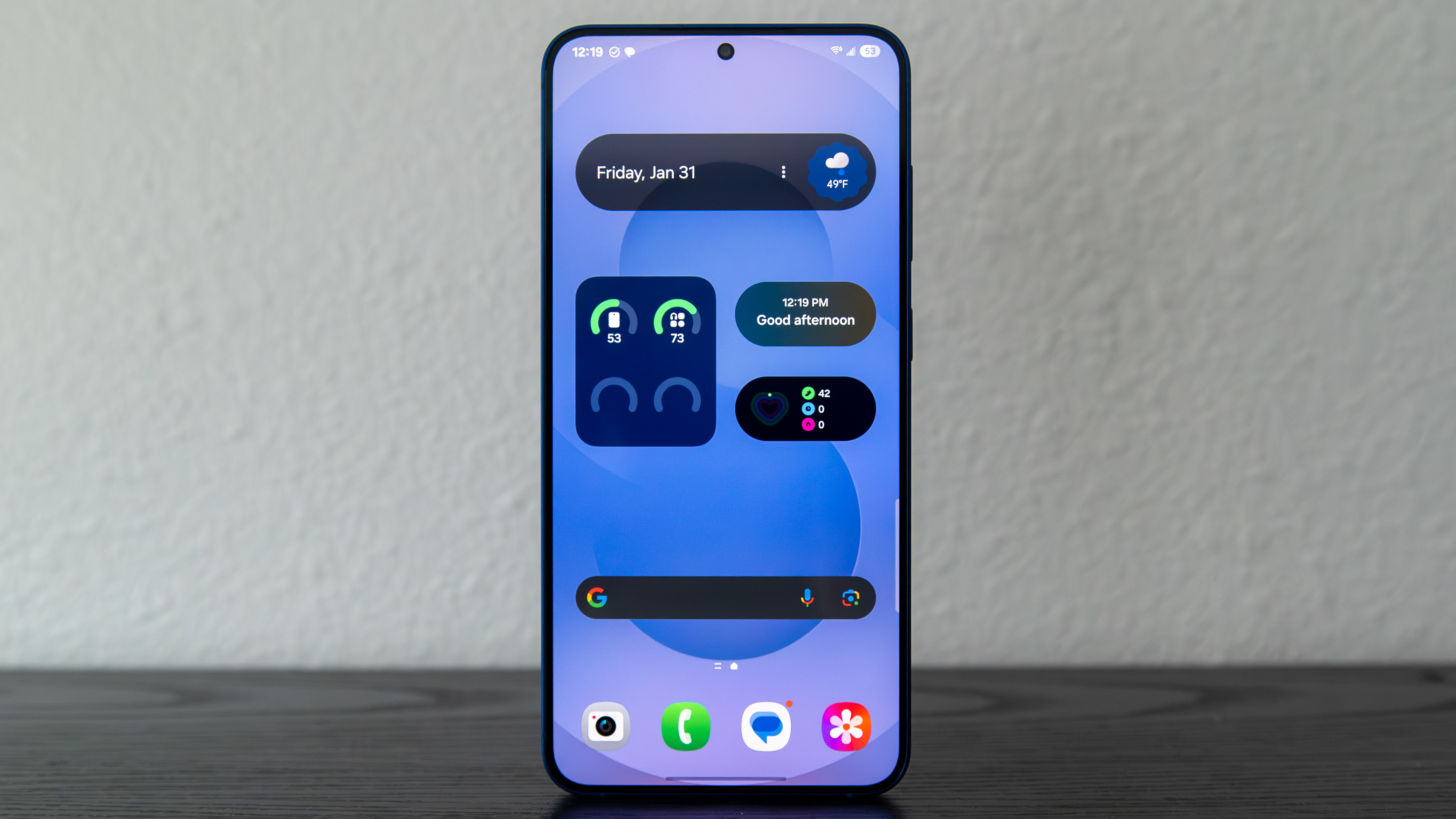
For some reason, Samsung removed the option to swipe for Assistant with One UI 7. In fact, it was its removal that made me realize just how much I relied on it, especially since one of the first things I do when setting up a new Samsung phone is switch the power button back to power controls.
Using the power button to trigger the assistant never made much sense to me. It changes the method of turning the phone off, requiring you to simultaneously press and hold both the power button and the volume up button. This doesn't feel intuitive at all, and I question why OEMs have started making this the default.
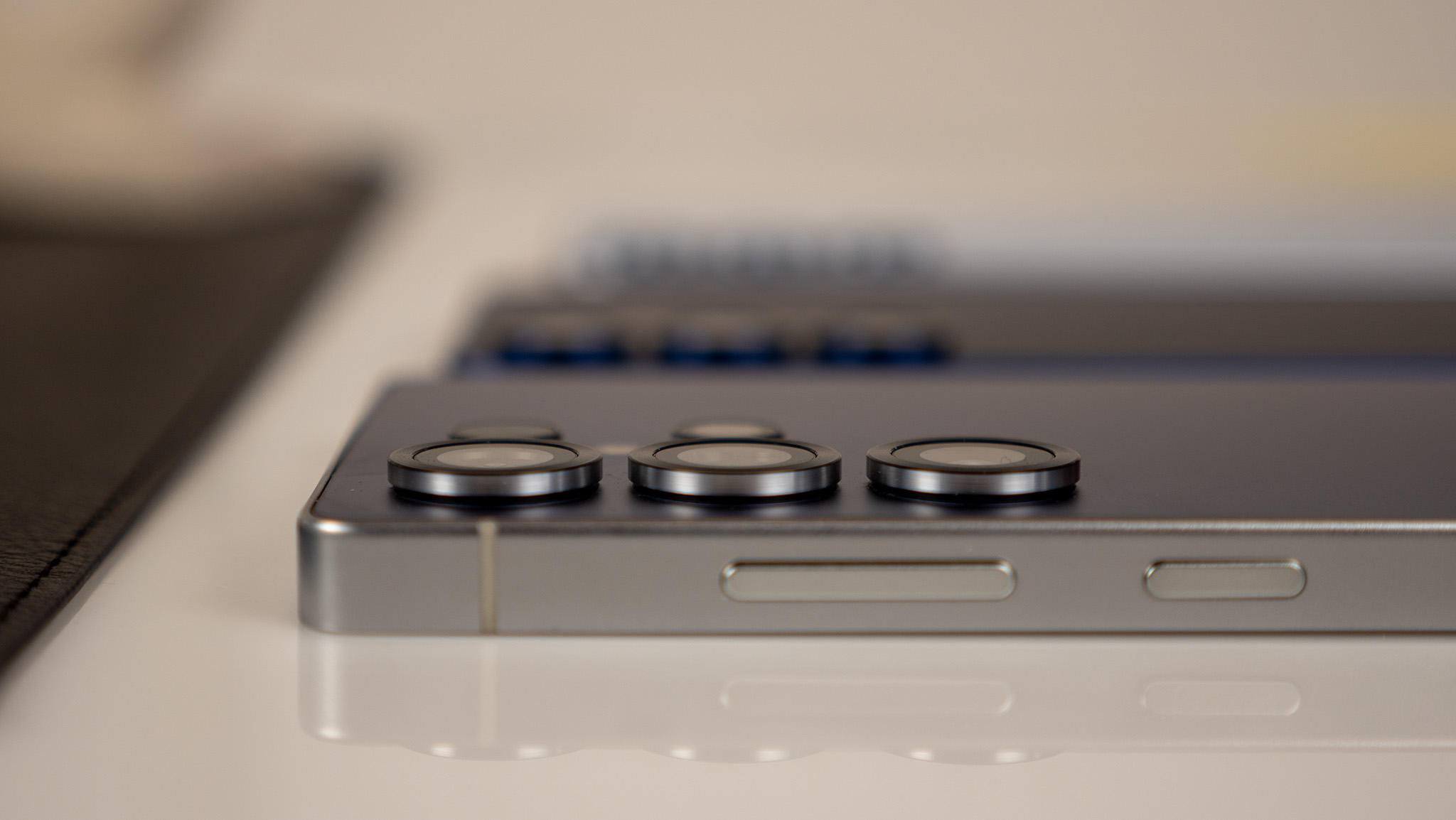
Without the swipe gesture, I could always use the back tap option, but I prefer to reserve that for quick screenshots. You can obviously trigger the AI assistant by voice, which isn't always appropriate, or simply tap the app or widget icon, which isn't as convenient since I would have to exit the current screen.
The other option is to use the One Hand Operation Plus in Good Lock. With this module, you can create a new handle with the option to open an "Assistance app" by swiping diagonally. It's not quite the same, since the swipe has to originate from the side of the screen and not the bottom corner (you can only adjust the gesture position so low on your display). This could clash with the back gesture, but it's currently the closest workaround.
Otherwise, you can always insert Gemini into the Edge Panel, which is accessible from nearly any screen, although it's not as seamless, since it requires a swipe and tap.
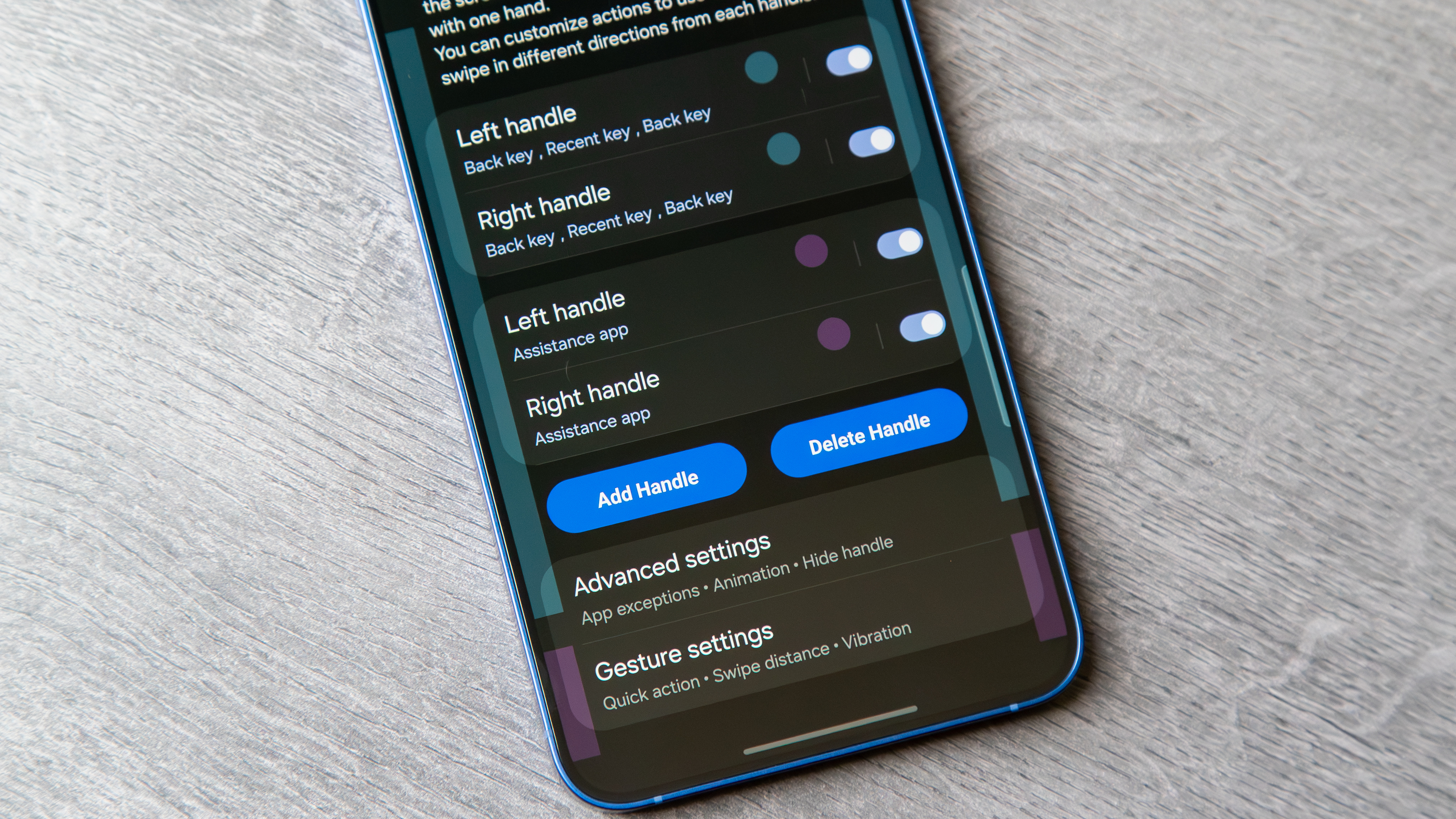
While I really enjoyed One UI 7 and find One UI 8 to be excellent, I'm not sure why Samsung removed the swipe gesture from its phones. I have reached out to Samsung for an explanation, but I have yet to receive a response. I'll update this article when I hear back.
Ease of use with ease of access
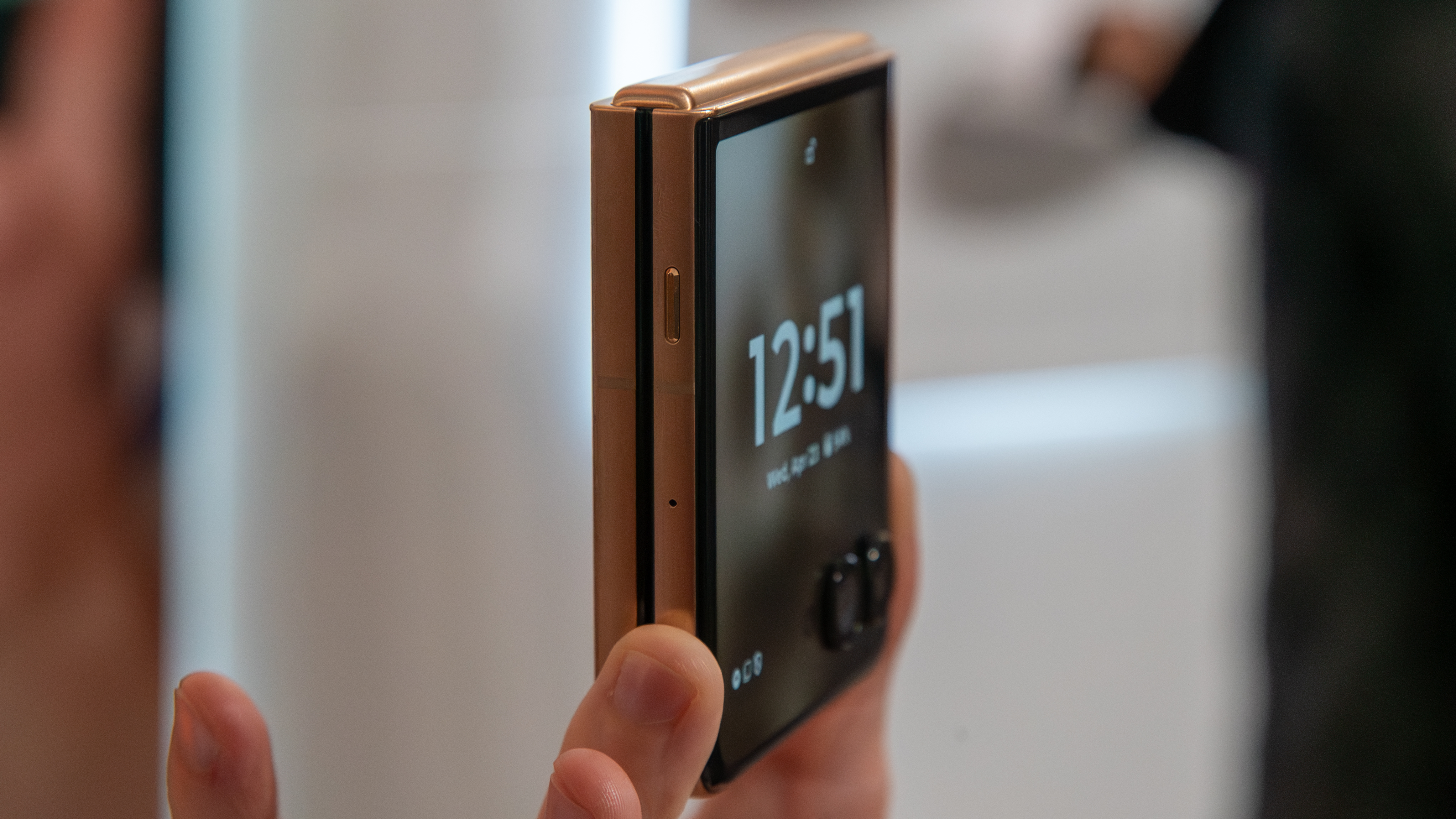
While it seems like AI is finally beginning to settle somewhat as a part of everyday life, there's no question that consumers are still overwhelmed. Anshel Sag, principal analyst at Moor Insights & Strategy, told me in a recent interview that "consumers are still pretty wary of AI," explaining that the people who find value in it are believers.
"I also think that AI is a black box for a lot of people, and they really don't understand how it works at all."
I believe that one way to help normalize AI is to make certain features more easily accessible. Gemini and Circle to Search have quickly become staples of the Android experience, as Google continues to improve them with features like Gemini Live and streamlined translation. Linking them with gestures that consumers can easily remember is a major step toward making them more comfortable with AI, although I believe they shouldn't clash with functions many are already accustomed to (i.e., the power button).
Fortunately, Android is all about choice. Given the bevy of options available, which gestures do you like to use to evoke your favorite AI assistant?

Derrek is the managing editor of Android Central, helping to guide the site's editorial content and direction to reach and resonate with readers, old and new, who are just as passionate about tech as we are. He's been obsessed with mobile technology since he was 12, when he discovered the Nokia N90, and his love of flip phones and new form factors continues to this day. As a fitness enthusiast, he has always been curious about the intersection of tech and fitness. When he's not working, he's probably working out.
You must confirm your public display name before commenting
Please logout and then login again, you will then be prompted to enter your display name.
